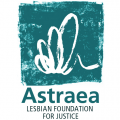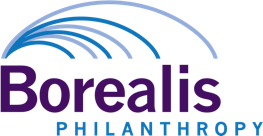There are more than 1 million “out” trans people living all across the United States. They face alarmingly high rates of poverty and homelessness, struggle with considerable health disparities, and confront systemic marginalization.
Despite the urgent needs faced by transgender communities, for every $100 awarded by US foundations, only 3 cents focus on trans communities. It is a moment of immense need and great opportunity for the transgender movement in the United States. We believe philanthropy can and must do more to improve the well-being of transgender communities.
We, the following foundations, pledge to:
1. Participate in trainings and professional development opportunities focused on supporting trans communities;
2. Improve our recruitment and retention of trans and gender non-conforming staff and board members;
3. Increase our grantmaking for trans communities, with a commitment to trans-led organizations; and
4. Publicly express our support for and solidarity with trans communities.
Foundation Signatories



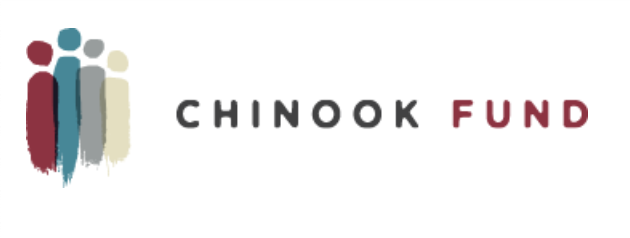
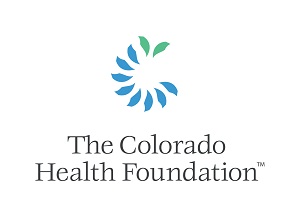
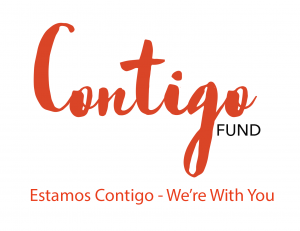
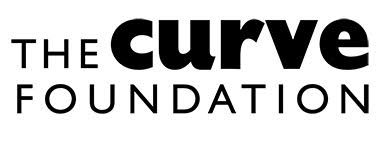

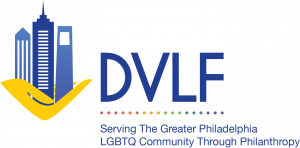

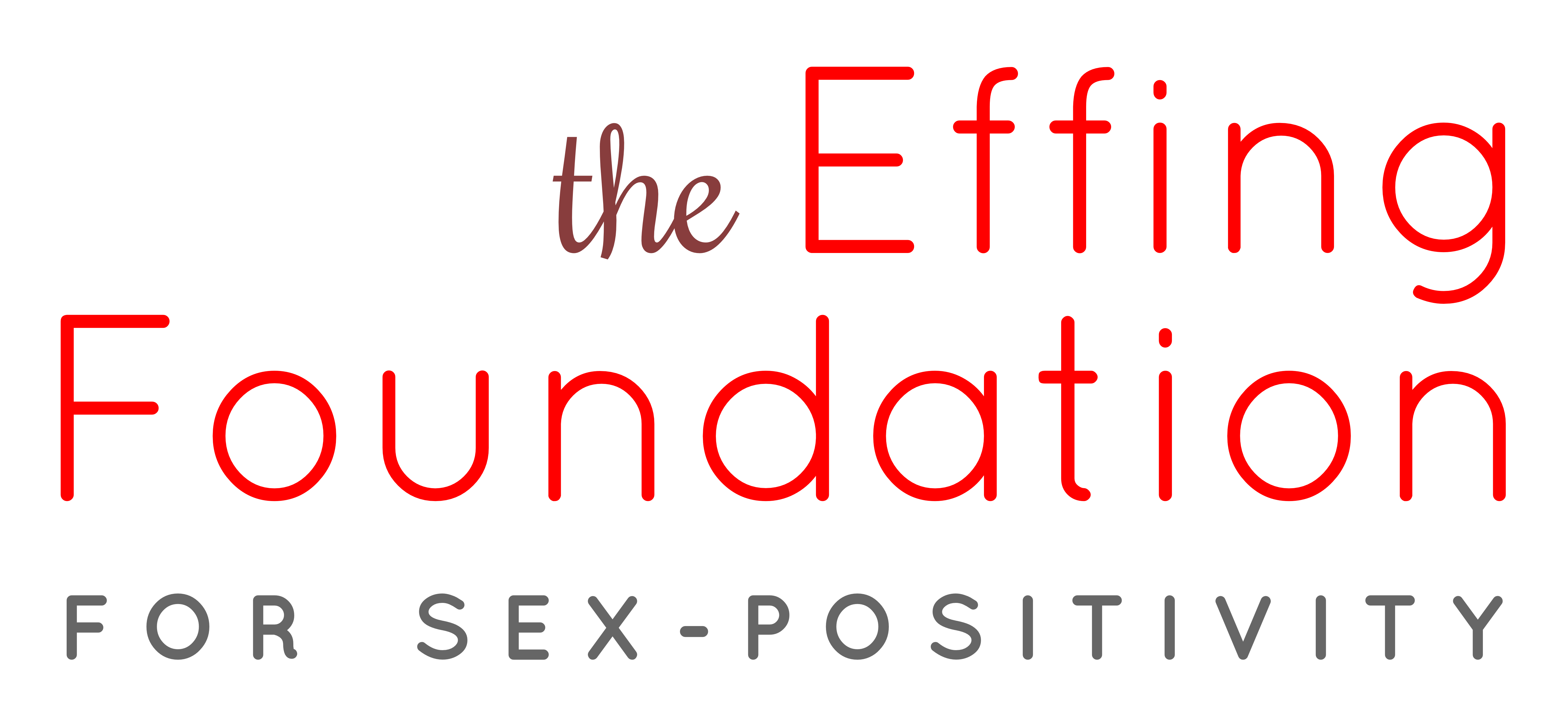
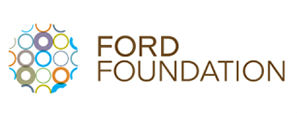
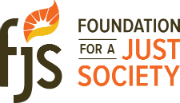
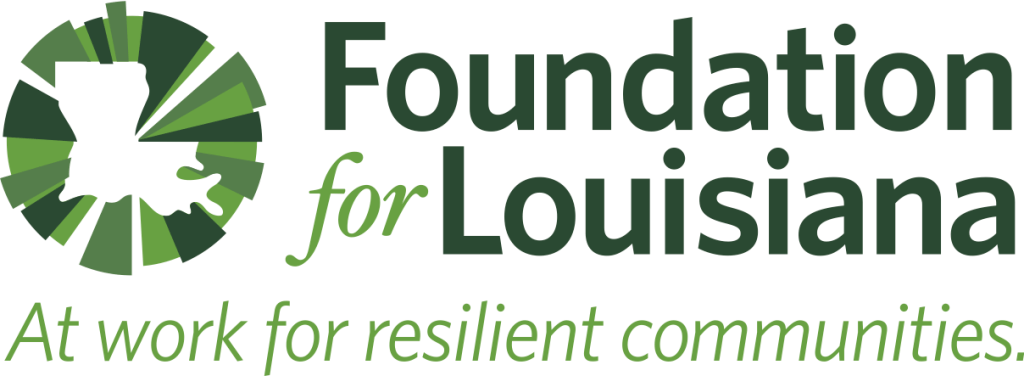
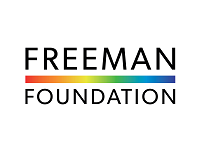
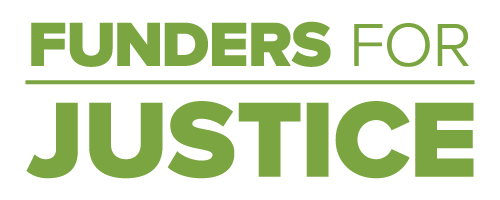
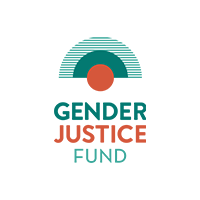
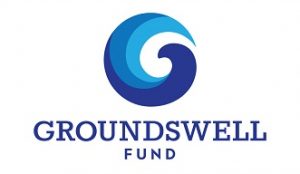

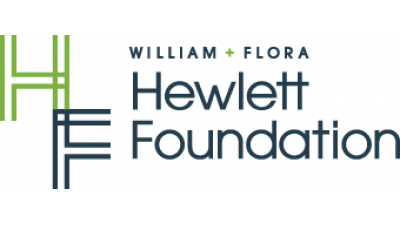

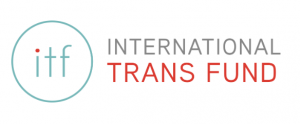



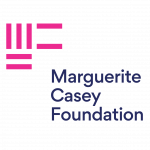
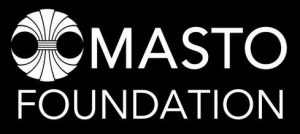
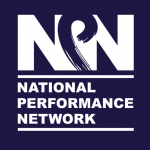


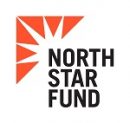
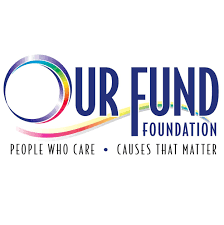
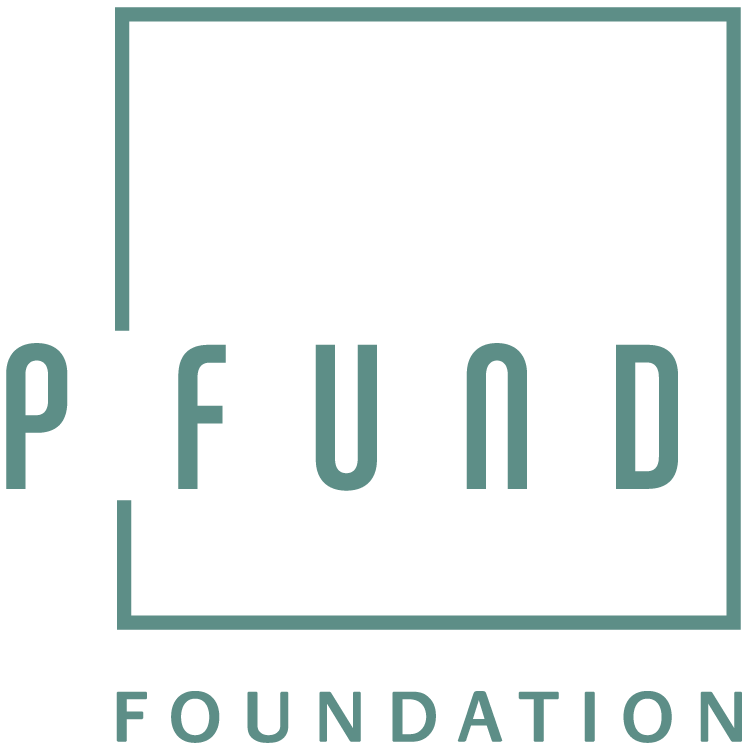




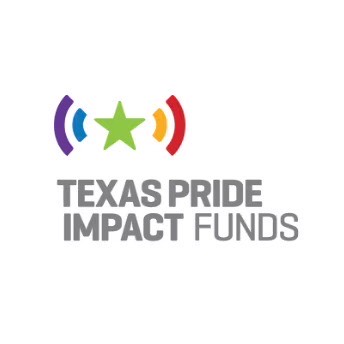
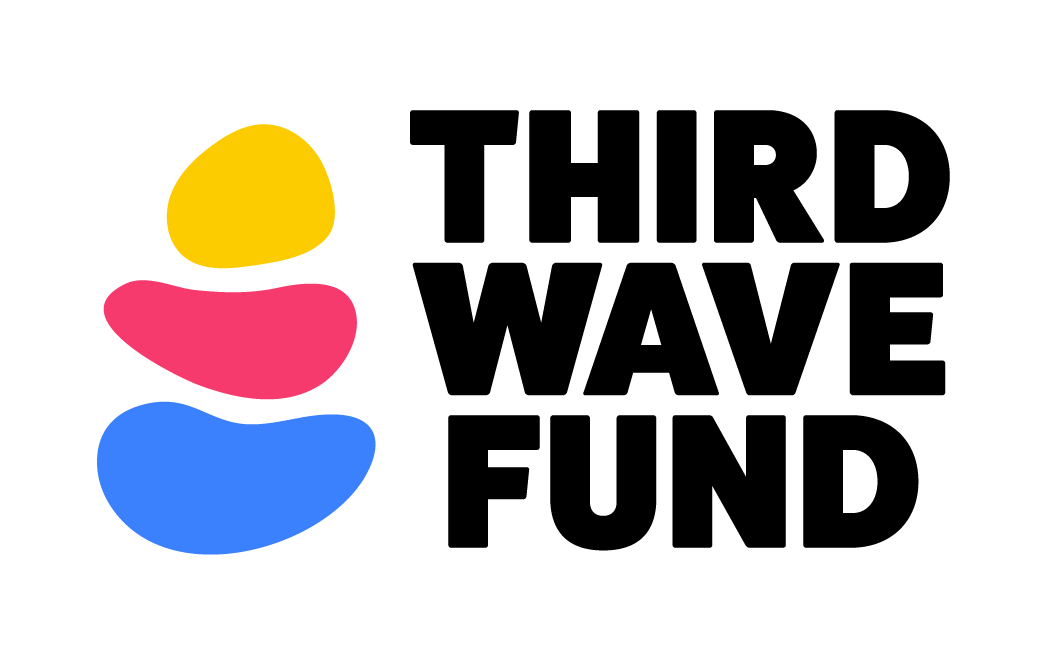

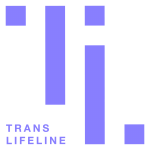

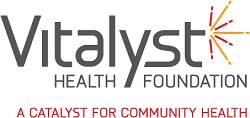
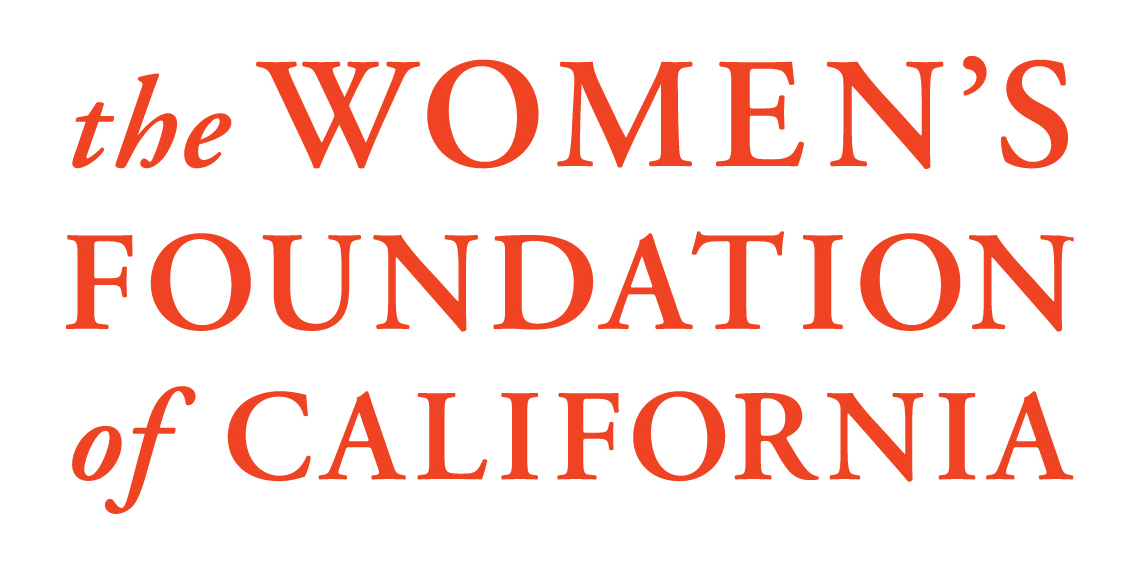
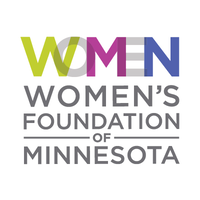
PSO Signatories

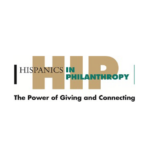


Detailed components of the pledge
1.
Committing to participate in trainings and professional development opportunities focused on supporting trans communities means learning more about the needs of trans communities, and ways to enhance the quality and effectiveness of your grantmaking to trans communities. To fulfill this pledge component, your foundation would:
Send at least one full-time staff person to a GUTC Funder Forum
And complete at least one of the following:
• Receive a customized training from GUTC and/or other trans-led organizations on improving trans-inclusion.
• Participate in continuous learning around trans issues and trans funding by circulating reports,
Attending events (e.g., Funding Forward, Philadelphia Trans Wellness Conference, etc), and accessing other resources.
• Identify trans organizations and reach out to learn more about their work.
• Inquire with colleagues at peer institutions about their trans-inclusion processes in their grantmaking, and ask them to share their best practices with you.
2.
Committing to improve our recruitment and retention of trans and gender non- conforming staff and board members* means taking a look at your internal policies and procedures. To fulfill this pledge component, your foundation would:
• Conduct an internal review of your human resources policies, benefits, hiring and advancement policies and practices, and trainings provided to new and existing hires to determine how trans-inclusive they are (sample review questions available from GUTC upon request).
Complete at least one of the following:
• Adopt policies that explicitly seek to eliminate bias, harassment, and against staff and volunteers arising from their gender identity, gender expression, sex characteristics**, and sexual orientation. For example, you could ensure your employee health insurance coverage (both trans-specific health care and related care such as reproductive health care) and other benefits (e.g., medical leave) are fully inclusive of the needs of transgender, gender non-conforming, and non-binary employees.
• Include a gender identity category in your data collection of board and staff demographics and the populations served by your grantees. Note that this may require educating your board, staff, and grantees on the importance of tracking such data
• Incorporate outreach to trans communities in your recruitment strategies for staff positions, your board, and committees. Include explicit language in your job and volunteer postings that trans-identified, gender non-conforming, and non-binary candidates are encouraged to apply.
• Require all potential and current grantees to include gender identity, gender expression, sexual orientation, and sex characteristics in their Equal Employment Opportunity (EEO) policy as well as any other non-discrimination and anti-harassment policies.
* For foundations with very few or no staff, recruitment and retention of trans community members may look different. For these entities, making efforts to recruit and retain transgender people as board members, board committee volunteers, consultants, community panel members, or in other roles related to your grantmaking would fulfill this component of the pledge.
**The physical features of the body that typically indicate sex, such as facial hair or body shape.
3.
Committing to increase our grantmaking for trans communities, with a commitment to trans-led organizations, means increasing the dollar amount or percentage of your overall grantmaking awarded to trans communities.
To help fulfill this pledge component, your foundation, with would:
• Share your request for proposals with eligible trans organizations that align with your grantmaking priorities.
• Create or reconfigure your grantmaking processes to reduce the administrative burden on trans organizations to apply for grants, and to report on grants awarded.
Please note, that if increasing the overall amount of funding awarded to support trans issues is not possible, foundations may still meet this pledge by shifting their funding to support more organizations led by trans, gender non-conforming, or gender non-binary people. See Trans Justice Funding Project for more information.
4.
Committing to publicly express support for and solidarity with trans communities means being transparent about signing this pledge and using your communications capacity to stand with U.S. trans communities.
To fulfill this pledge component, your foundation would:
• Allow Funders for LGBTQ Issues to publicly display your name and logo as a GUTC pledge signatory.
And complete at least one of the following:
• Use your own communications and public relations channels to promote awareness of the pledge, your decision to sign it, and the importance of supporting trans communities to your colleagues, members, donors, and the wider public.
• Issue or sign onto further statements of support for and solidarity with U.S. trans communities.
• Spotlight trans issues and nonprofits at convenings or staff speaking engagements.
• Publish an op-ed piece, blog post, or article advocating for increased trans inclusiveness in the philanthropic sector and beyond.
• Issue public comments on state and federal legislation and administrative actions affecting trans communities.




